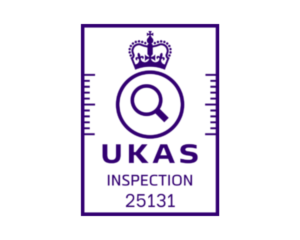The following article is from Alan Stenson, CEO of Neutral Carbon Zone.
Sustainability and ESG activities have become critical considerations for businesses as the world grapples with challenges like climate change, social inequality, and environmental degradation. While there is no denying the ethical imperative to address these issues, there is also growing evidence that sustainability and ESG initiatives can be a significant driver of financial performance.
Over the past few years, several studies have analysed the correlation between sustainability and financial performance. While the results of these studies have been mixed, the overall picture is clear: companies that prioritise sustainability tend to perform better financially than those that do not.
One way that companies can prioritise sustainability is by setting ESG targets and tracking their progress towards achieving them. By doing so, companies can hold themselves accountable for making progress towards a more sustainable future. Research has shown that companies that set ESG targets tend to perform better financially than those that don’t.
For example, a study by the Harvard Business Review found that companies that set specific ESG targets had a median return on assets (ROA) of 6.4%, compared to 4.8% for those that did not. Similarly, a study by MSCI found that companies that disclosed their ESG performance had a higher return on equity (ROE) than those that did’t disclose their ESG performance.
Another critical aspect of sustainability is embedding it into management processes. This involves ensuring that sustainability considerations are taken into account when making business decisions and that senior management is held accountable for sustainability outcomes. Research has shown that companies that focus on sustainability in their management processes outperform their peers financially.
A study by the United Nations Global Compact found that companies that integrated sustainability into their business strategies had a higher market valuation than those that did not. Similarly, a study by the Harvard Business Review found that companies with high sustainability performance tended to have better risk management and higher profitability.
Procuring sustainably is another key aspect of sustainability. This involves ensuring that a company’s supply chain is sustainable and that the products and services it procures are produced in an environmentally and socially responsible manner. Companies that select sustainable procurement tend to have better ESG outcomes and financial performance.
A recent study by CDP demonstrated that companies prioritising sustainable procurement had a higher return on investment (ROI) than those that did not, and a similarly study by the Harvard Business Review found that companies with high environmental and social performance tended to have lower supply chain risks and higher profitability.
Companies can put in place programmes to reduce carbon emissions and improve diversity, equity, and inclusion. Again, research has shown that companies focussing on these areas tend to perform better financially than those that do not.
A Harvard Business Review found that companies that invested in diversity and inclusion tended to have higher innovation and better financial performance. Similarly, a study by Trucost found that companies that reduced their carbon emissions tended to have higher profitability and lower risk.
Image: Shutterstock









